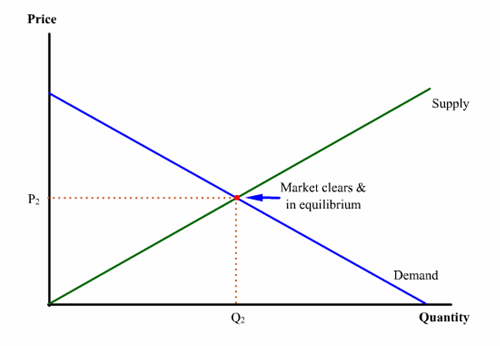Virtual Scalping
Sports teams and other entertainment promoters use online secondary ticket auction market to compete with scalpers while sticking to uniform pricing for the primary market.
Hopeful sports and music fans without tickets to sold-out events are no longer forced to deal with seedy scalpers on event night. Tickets are now being auctioned on internet sites like eBay.com and StubHub.com.
Secondary ticket sales through the internet and traditional scalpers are estimated to be worth billions of dollars each year (Mulrean). With so much money on the line, it is no wonder that teams and promoters are finally starting to auction tickets and participate in the secondary ticket market. Many professional sports teams are encouraging season ticket holders to sell unused seats on StubHub.com or have set up their own sites for fans to resell tickets. Tickets on StubHub often sell for 30% above face value and the teams get a 10% cut. Some event tickets have even been sold by auction right from the start (Grow).
The entertainment event industry has long opposed direct price discrimination, preferring to charge uniform prices for tickets. Various theories abound as to why the face values of tickets are below the market-clearing prices. Some promoters are afraid of alienating fans who have come to expect low uniform pricing. Sellers may also wish to guarantee a sold-out event. Low prices allow promoters to hedge their sales by assuring that scalpers will buy up large blocks of tickets. If legitimate buyers fail to purchase all the tickets the scalpers are the ones who lose out. A second benefit of sold-out events is the increased sales at their high-margin concessions (Happel).
With the advent of Internet auctions, promoters apparently believe they can tap into the secondary ticket market while avoiding the potential problems related to direct price discrimination. By facilitating resale through their online services, promoters are merely skimming profit off the scalpers who had previously operated independently. Since tickets in the primary market are still sold at low uniform prices, the teams and promoters can still maintain a politically correct image thereby averting the public's outcries against price gouging and profiteering.
If prices in the primary market are kept low, the additional goal of ticket sell-outs can still be accomplished. Policies limiting the quantity of tickets purchased might even be removed so that the sellers can increase sales to scalpers, who would become their unofficial employees. In this way the promoters create more sell-outs and higher activity in their own secondary markets.
Virtual scalping by sports teams and other entertainment promoters is a win-win solution for both ticket sellers and buyers alike. With virtual price discrimination, buyers who are willing to pay higher prices no longer have to wait in long lines for low uniformly-priced tickets. Increased ticket revenue should also give promoters more incentive to expand stadiums or amphitheaters. That would help to limit prices while allowing more fans to enjoy the events.
Maximum profit and maximum attendance could, of course, be achieved simultaneously if every ticket is auctioned off online to the highest bidder. This would be a perfect example of perfect price discrimination.
References:
- Grow, Brian and Robert D. Hof. "Don't Scalp Us. We'll Scalp You." Business Week. 19 April 2004.
- Happel, Stephen K and Marianne M. Jennings. "Creating A Futures Market for Major Event Tickets: Problems and Prospects." Cato Journal, Vol.21, no.3.
- Mulrean, Jennifer. "Ticket Scalping Goes Mainstream." MSN Money.
Glossary:
- market-clearing priceThe price at which the supply and demand curves intersect and the quantity supplied is just equal to the quantity demanded.

- price discriminationCharging different customers at or close to their reservation prices for the same goods. Price discrimination is intended to increase sellers' economic profit and reduce consumer surplus.
Topics:
Keywords
Internet, online auction, price discrimination, primary market, secondary market, ticket scalping, uniform pricing
